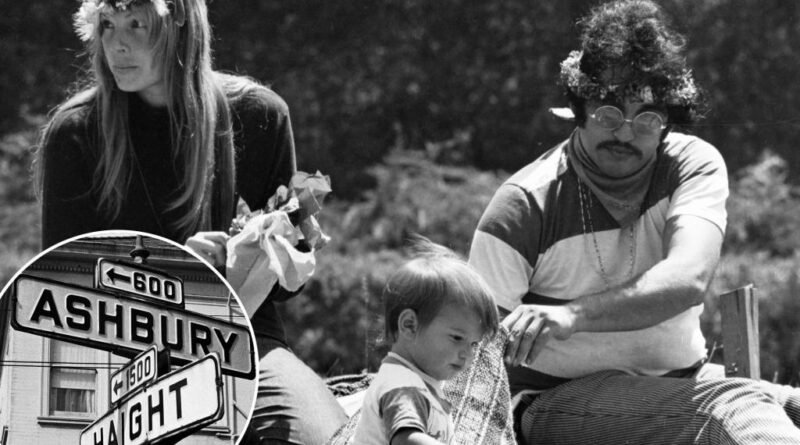The true nature of the 1960s hippies goes beyond the popular perception

American schoolbooks often use idealized language to recount the era of the hippies. An excerpt from the textbook “America, Past and Present,” characterizes hippies as youthful idealists who “defied the prevailing adult norms in attire, hairstyles, sexual behavior, work ethics, and music.” Casual clothing and beaded necklaces replaced formal attire and watches, while long hair, bare feet, and bralessness became the new fashion. Suburban families transitioned into communes for the hippies of the 1960s.
An article in Gentleman’s Quarterly titled “The Hippies Were Right After All” argues that hippie culture ultimately triumphed. The author notes the prevalence of yoga studios in today’s society as evidence of this victory.
The coverage of the hippie movement often portrays sympathy for even its most extreme factions. It presents the Students for a Democratic Society as a radical group that sought to address societal issues like poverty, violence, and racism. Despite their flaws, members are described as serious individuals searching for salvation through individualism.
The modern glorification of the hippies highlights an inability to acknowledge the failure and unpopularity of left-leaning revolutions. The public perception of the hippies and anti-war movements during the 1960s was largely negative, particularly among non-elite citizens.
These historical events shaped the perception of the hippies and the anti-war movement, portraying them in a different light than today’s romanticized view. The negative impact of these movements, including public lewdness and mistreatment of war veterans, contributed to their unpopularity.
The hippie culture, once revered, faced criticism for its societal impacts. The mainstream depiction of the Vietnam War today differs from the public sentiment during the conflict, reflecting a shift in attitudes over time.
The unfavorable attitudes toward the hippies stemmed from their perceived behavior as drug addicts and social deviants. Reports from the era highlighted the dark side of the movement, depicting scenes of drug abuse and social decay.
The hippie movement, once a symbol of hope and joy, faded into a darker reality marked by drug abuse and societal breakdown. The impact of the movement on public opinion and societal norms was significant, shaping the cultural landscape for years to come.
The legacy of the hippie movement reflects a complex history of social change and cultural upheaval. While revered in contemporary culture, the movement’s impact on society was divisive and its repercussions felt for decades to come.
Wilfred Reilly is a political-science professor at Kentucky State University and the author of “Lies My Liberal Teacher Told Me: Debunking the False Narratives Defining America’s School Curricula.”



